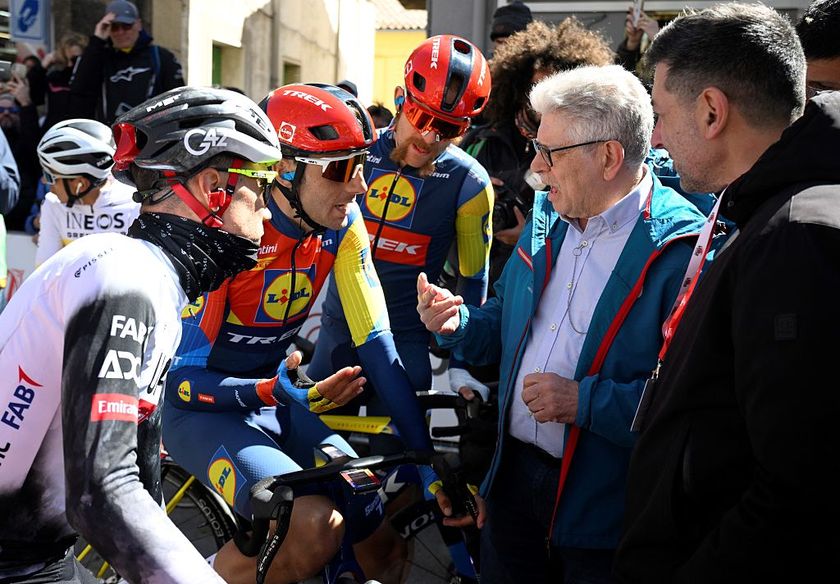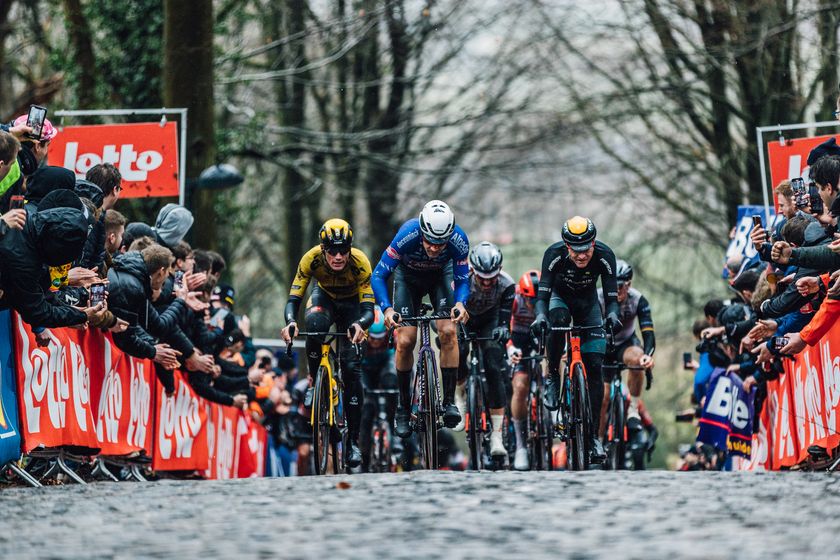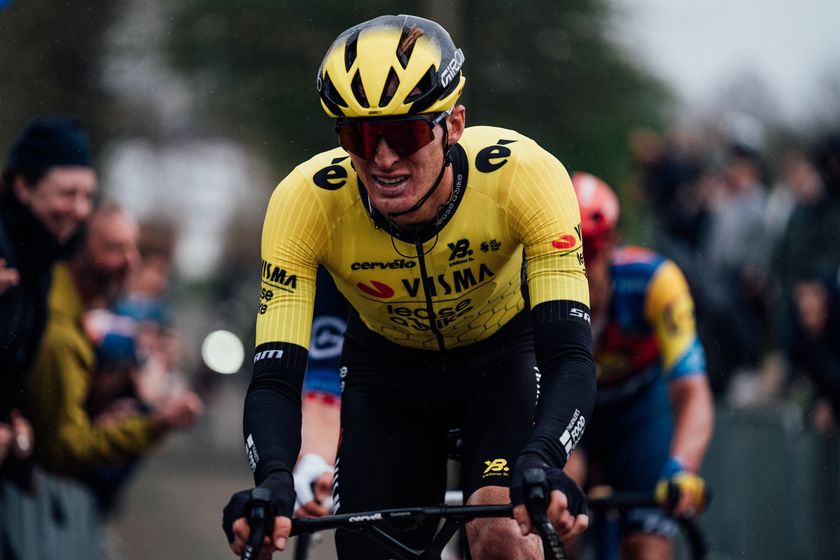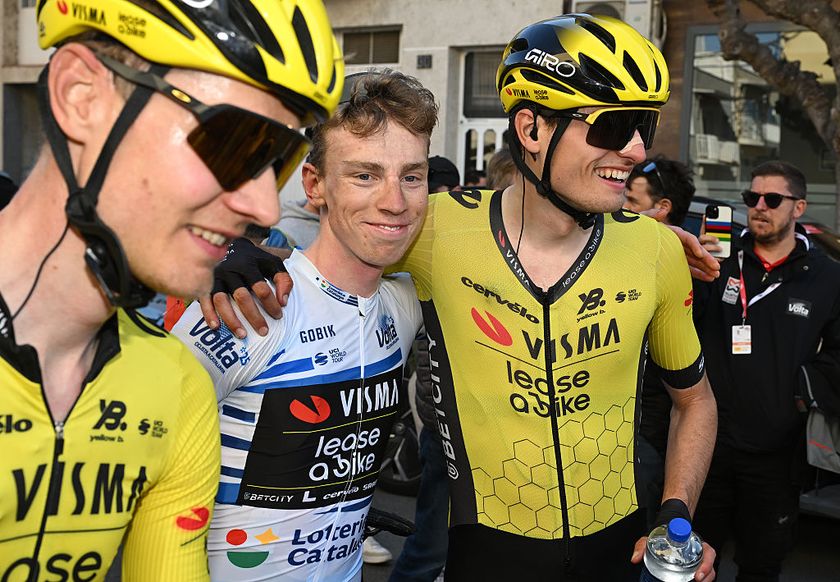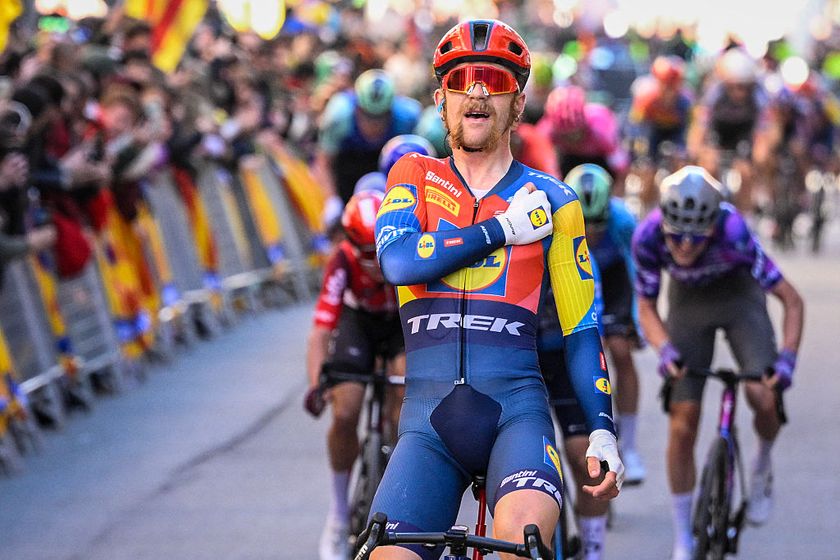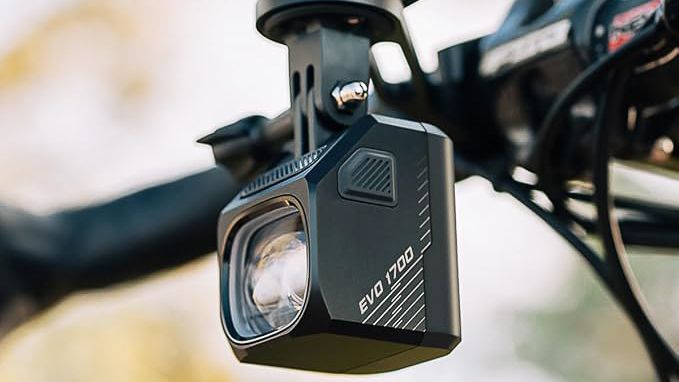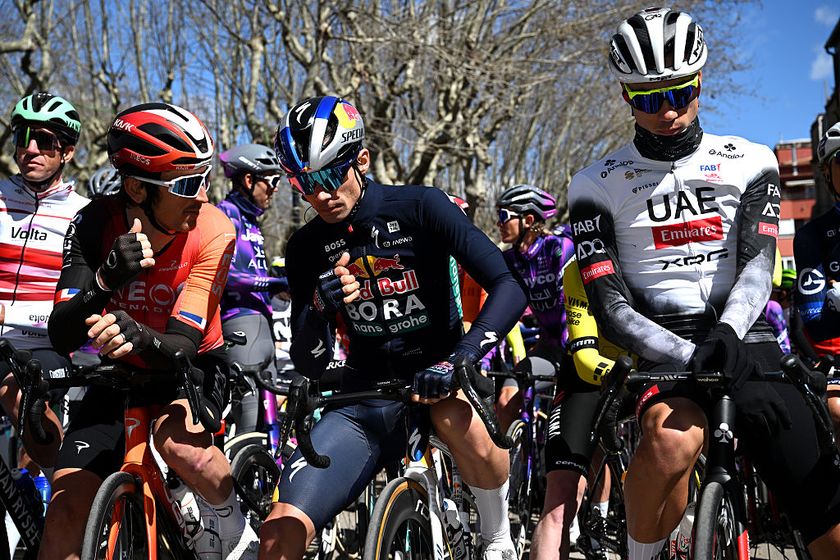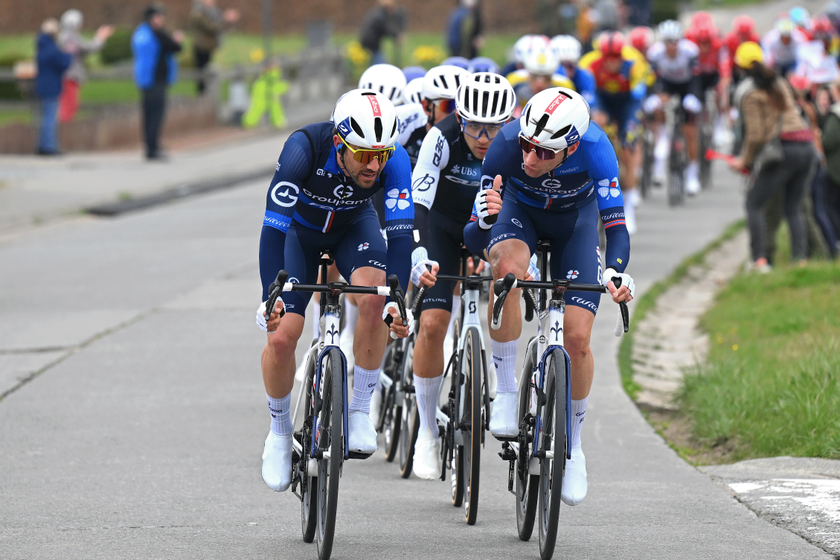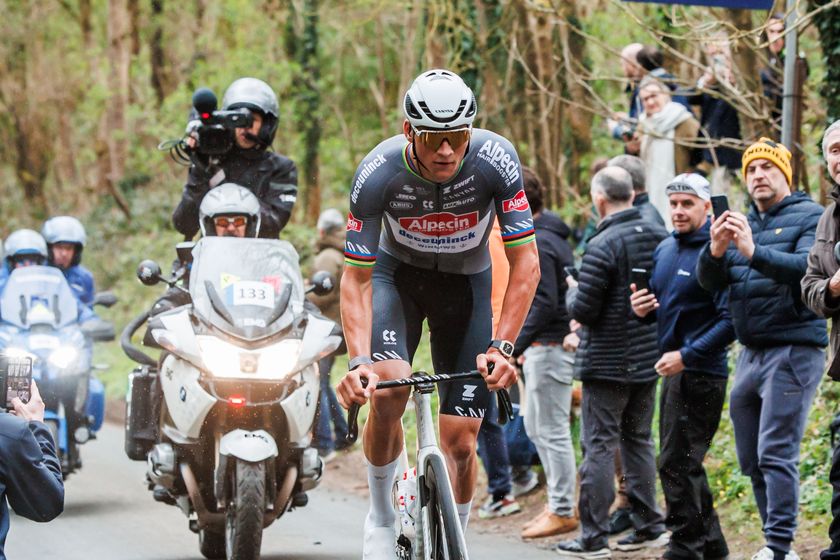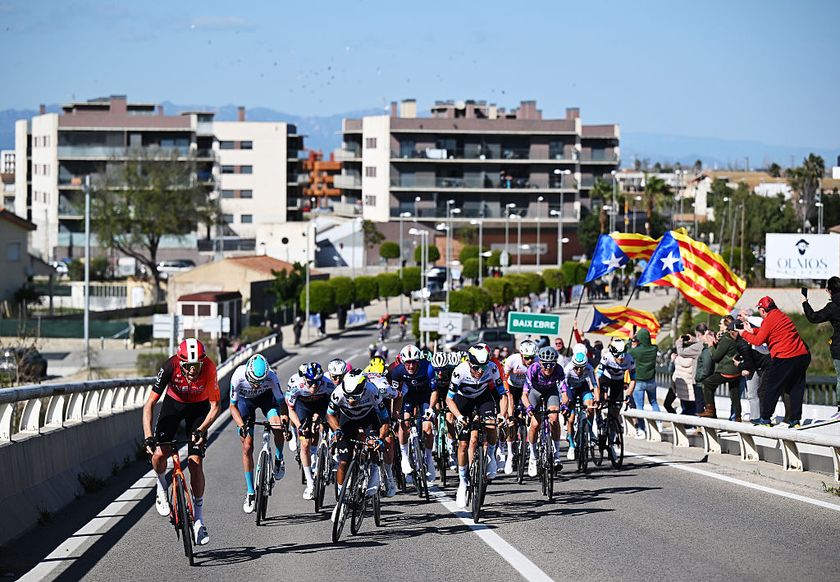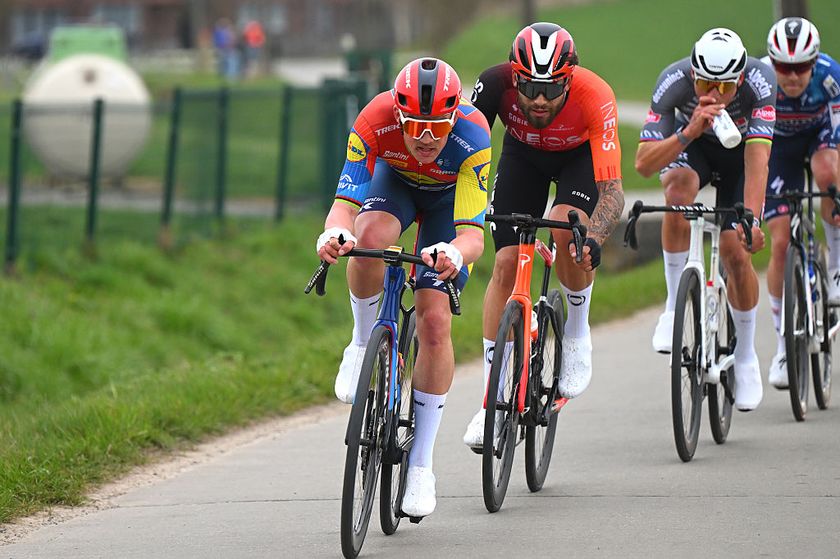Modena prosecutor concludes Riccò investigation
Evidence of blood transfusion may lead to lifetime ban for Italian rider



The Procura of Modena has completed its investigation into the circumstances surrounding Riccardo Riccò’s dramatic kidney failure in February this year and, according to Gazzetta dello Sport, prosecutor Pasquale Mazzei has concluded that Riccò’s illness was triggered by an attempted blood transfusion.
Gazzetta reports that given the evidence at his disposal, Mazzei may request Riccò’s formal indictment before the end of September.
Riccò was hospitalised in a critical condition on February 6 and allegedly told doctors in Pavullo that he had transfused himself with blood that had been stored in his domestic fridge for 25 days. However, following his recovery, Riccò denied making this confession.
The Modena investigation began shortly after Riccò’s hospitalisation, and three doctors and five nurses who saw Riccò on February 6 were questioned as part of the inquiry. Riccò himself twice declined to speak with investigators.
Riccò could not have acted alone
The aims of the Modena Procura’s investigation were twofold: firstly, to establish if Riccò was conscious on his arrival at Pavullo hospital on the morning of February 6 when he allegedly admitted to a blood transfusion, and secondly, to determine if Riccò’s condition was caused by the transfusion of inadequately stored blood.
On his admission to hospital, Riccò was given an intravenous drip, but according to Gazzetta, he asked the nurse not to administer it into one arm as it was painful. The nurse noted a haematoma on the arm, which appeared to be an infected needle mark. Riccò’s medical chart noted that he was “suffering but conscious.”
Get The Leadout Newsletter
The latest race content, interviews, features, reviews and expert buying guides, direct to your inbox!
The Modena Procura subsequently requested the analysis of the results of bacteriological tests taken to determine the nature of the virus that struck Riccò. The three consultants – Dr. Sabino Pelosi, haematologist Professor Marco Marietta and gastroenterologist Dr. Erica Villa – agreed unanimously that Riccò’s illness showed signs of infection caused by the infusion of poorly-stored blood.
Gazzetta’s Luigi Perna also noted that Professor Marietta “underlined how it was practically impossible that Riccò had carried out the transfusion alone, given that not even a consultant haematologist like him would be able to do it to himself without help.”
The sporting case
The acts of the Modena investigation have been forwarded to the Italian Olympic-Committee’s (CONI) anti-doping tribunal. CONI already handed Riccò a precautionary two-month suspension in June for “use or attempted use of prohibited methods,” shortly after he announced that he was set to return to cycling with the Meridiana-Kamen squad. Riccò had been fired by his then Vacansoleil-DCM team shortly after his release from hospital in February.
CONI subsequently lengthened that suspension by an additional month but it is due to expire on Wednesday, and cannot be extended further. CONI must now decide if they wish to refer Riccò’s case formally to its anti-doping tribunal.
Riccò tested positive for CERA at the 2008 Tour de France, and thus faces a life ban from the sport if he is now found guilty of undergoing a blood transfusion.

Barry Ryan was Head of Features at Cyclingnews. He has covered professional cycling since 2010, reporting from the Tour de France, Giro d’Italia and events from Argentina to Japan. His writing has appeared in The Independent, Procycling and Cycling Plus. He is the author of The Ascent: Sean Kelly, Stephen Roche and the Rise of Irish Cycling’s Golden Generation, published by Gill Books.
